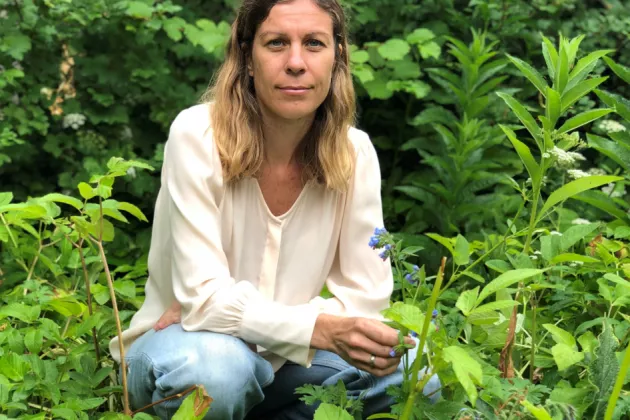Synthetically produced chemicals are now everywhere, in the soil, the water and the air we breathe. A plethora of new substances are floating around us and scientists warn that they are not getting the attention they need. In particular, there is a cocktail effect - we are exposed to many different substances in mixtures that, although at low levels, add up to a major risk factor. Although there are limits for both heavy metals and individual chemicals, very little is known about their combined effects," says Maria Hansson, an ecotoxicologist at the Centre for Environmental and Climate Science (CEC) at Lund University and member of BECC.
"We are not only seeing a climate and biodiversity crisis in the world. We are also seeing a chemical crisis," she says.
Harmful substances pose a threat to pollinating insects and future food supplies, but also to biodiversity in general and to our personal health. We are exposed to far more chemicals in our daily lives than we often realise.
Continue reading
This article was originally published by Centre for Environmental and Climate Science. Read it in its full length on the following website:
Five ways to create a toxin-free garden | Centre for Environmental and Climate Science (CEC) (lu.se)




